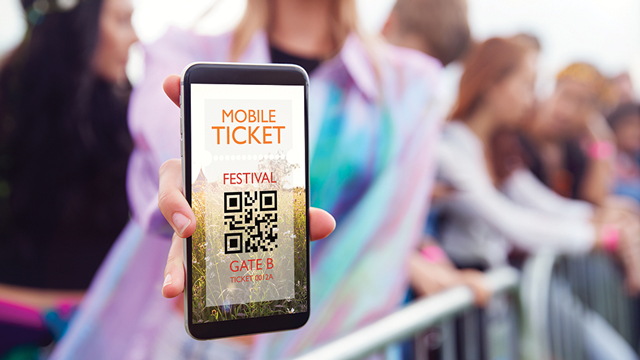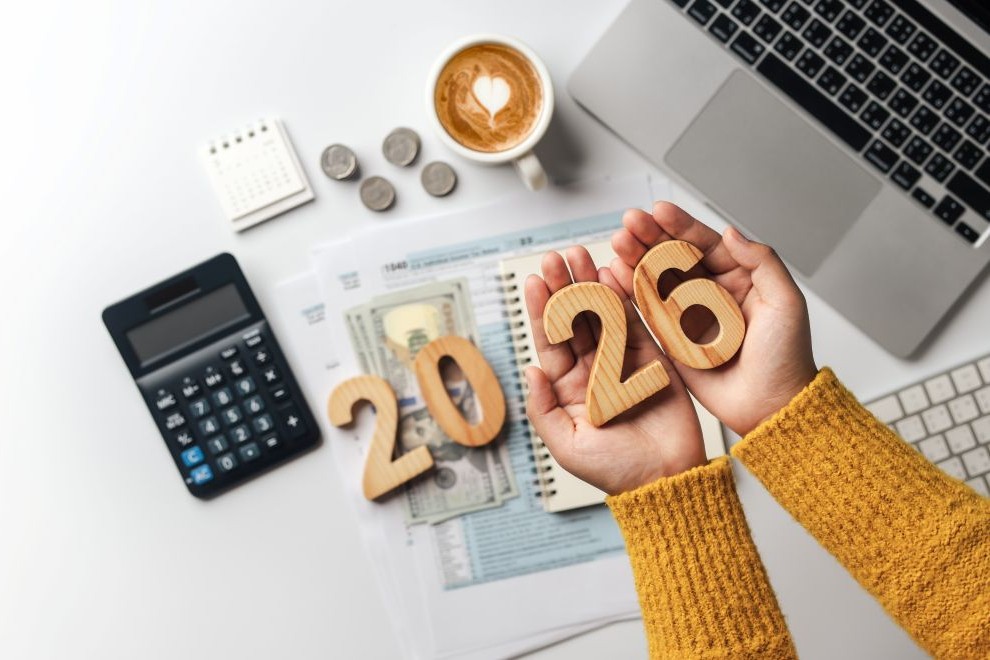Warm weather is here and most people are chomping at the bit to get out and enjoy music concerts, theatre productions, sporting events, and other entertainment.
Since the pandemic, many venues have gone to only accepting digital tickets, making the possibilities for scams all the more likely. Before you plunk down your hard-earned money and purchase a ticket online, do a little research and take some steps to ensure your purchase is valid and your tickets are authentic.
There are countless ways for consumers to find tickets and connect with online marketplaces, ticket sellers, and resellers. Unfortunately, some of them are rip-offs, and it’s not always clear how to tell if a ticket is fake. Last year, the Better Business Bureau (BBB) in Central Virginia received more than 140 reports on BBB Scam Tracker about ticket scams related to sporting events, concerts, shows and plays, and more.
Consumers need to be smart when searching for and buying tickets to ensure they are purchasing from a trustworthy source. BBB and the National Association of Ticket Brokers (NATB) are working to raise awareness and educate consumers about the smartest ways to buy tickets on the secondary resale market.
Of course, just like scammers found a way into the paper ticket game, they will do what they can to foil the digital ticket experience.
Here are some tips for buying tickets online:
Purchase from the venue whenever possible.
Many official ticket sales agents now offer official secondary sales options as well.
Consider your source.
Know the difference between a professional ticket broker (a legitimate and accredited reseller), a ticket scalper (an unregulated and unlicensed ticket seller), and a scammer selling scam tickets.
Check out the seller/broker.
Look them up on BBB.org to learn what other customers have experienced. Check to see if they are a member of the National Association of Ticket Brokers. NATB members offer a 200% purchase guarantee on tickets. Look up the seller on VerifiedTicketSource.com to confirm you are buying from an NATB-member resale company.
Buy only from trusted vendors.
Buy online only from vendors you know and trust. Look for the lock symbol in the web address to indicate a secure purchasing system. Don’t click through from emails or online ads. Remember, a common ticket scam trick is to create a web address that is similar to that of a well-known company.
Know the refund policy.
You should only purchase tickets from a ticket reseller that provides clear details about the terms of the transaction. Sellers should disclose to the purchaser, before the purchase, the location of the seats represented by the tickets, either orally or by reference to a seating chart. If the tickets are not available for immediate access to the purchaser, find out when the tickets will ship or be available for pickup.
Use payment methods that come with protection.
Always use a credit card so you have some recourse if the tickets are not as promised. Debit cards, wire transfer, or cash transactions are risky. If the tickets are fraudulent, you won’t be able to get your money back.
Be wary of advertisements.
When you search the web for online tickets, advertisements for cheap tickets will often appear. Please use good judgment. Some of these ads are going to be ticket scams, especially if the prices seem too low.
If you’re unsure, verify your tickets.
Pay a visit to the arena where the event will be held. Present your ticket to will-call or customer service, and they can verify if your ticket is legitimate and show you how to tell if a ticket is fake.
After you purchase your tickets successfully, download tickets to a digital wallet before the event since large crowds can impact cell phone service and make it difficult to access your ticket. And enjoy the event!
[This information is shared with permission from BBB.org]





